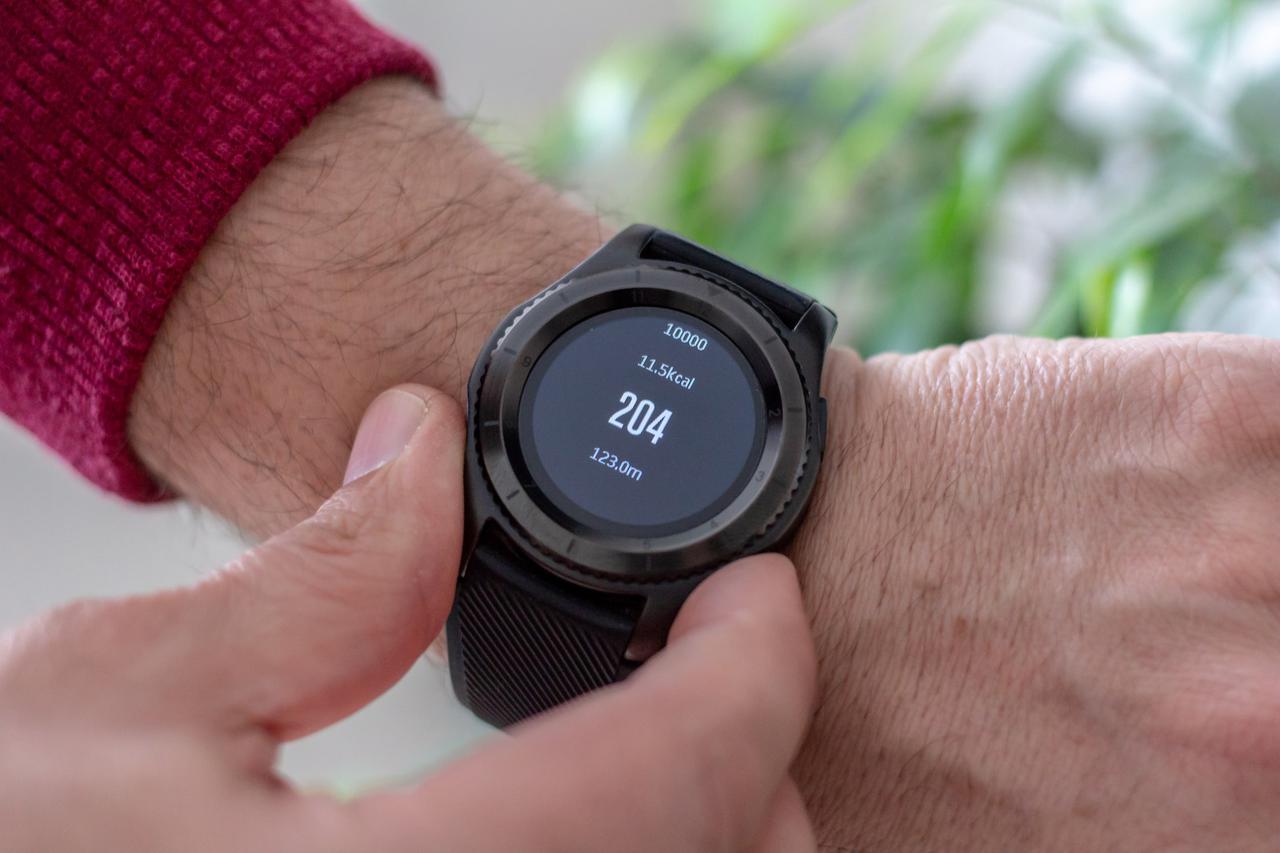Wearable technology has reached new heights in the past decade as our world has become increasingly dependent on digitization and instant communication. Examples of wearable technology include smartwatches, heart rate monitors, and more. Today you can find these types of products from leading tech companies like Apple and Samsung, along with many smaller-scale organizations. Although the average person does not go anywhere without their smartphone, many consumers are skeptical about integrating wearable technology into their daily routines.
As is the case with any product, it is useful to weigh the pros and cons of wearable technology before making it a part of your lifestyle. At Doha Inc., we offer a range of rental devices available on a subscription basis. Included in our collection is a variety of high-quality wearable devices. If you are thinking about renting or buying wearable technology, continue reading to find out the pros and cons of these products.
Pro: One of the reasons why many people invest in wearable technology is to ensure they are connected at all times. Smartwatches, for example, notify the user when a text or call comes through via vibration, sound, visual notifications, or a combination of these things. These devices keep busy individuals up to date with reminders, and easily reachable in the event that someone needs to contact them urgently.
Con: Having 24/7 access to your contacts and notifications can be overwhelming. This can make it difficult to stay present in social situations, and lead to anxiety. If you use a wearable device, one solution to this is to limit your usage by switching the device to do not disturb mode or taking it off occasionally. If you are not planning on using your wearable technology on a daily basis, renting may be a suitable alternative to buying.
Pro: Another popular reason to use wearable technology is to get an accurate reading of your health status. For example, if your goal is to lower your resting heart rate, a digital heart rate monitor can help track your progress and identify risk factors. A step tracker could also help you reach daily objectives if you are trying to lose weight.
Con: While monitoring your health with a wearable device can help you to make healthy changes, it can also cause added stress. For example, if you own a fitness-tracking wristband and notice that you are falling behind on your goals, this could turn into an obsession. Additionally, if you own a low-quality device, it may record false data, which could lead to serious consequences depending on what you choose to do with that information. At Doha Inc., we have curated a selection of top-grade wearable technology that our subscribers can rely on.
Pro: Wearable technology is often designed to connect to other devices via Bluetooth. From smartphones to digital scales, there are many products that can work in conjunction with your wearable technology. By connecting to a network of devices, you will have access to greater control mechanisms and data than what appears on your wearable device. This makes it easy to operate your wearable devices and access data from a variety of convenient locations.
Con: Unfortunately, with Bluetooth technology comes a range of privacy issues. Devices that utilize Bluetooth are prone to hacking and data theft, making it difficult to safeguard the personal information that is recorded while wearing these products. Such information may include the user’s current location, private health details, and other sensitive data.
Are you thinking about trying wearable technology for yourself? Access affordable, top-of-the-line devices with a Doha Inc. subscription.
